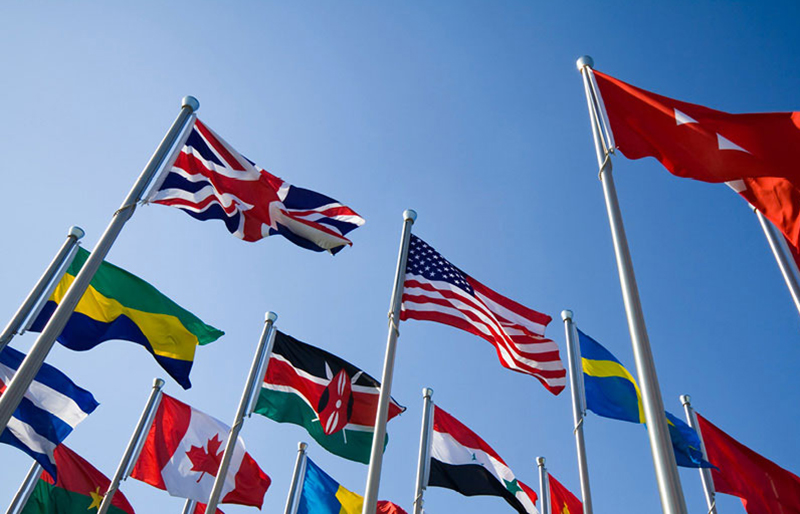
Stifling foreign investment is holding Canada back
Foreign-owned companies employ two million Canadians and are responsible for about half of Canada’s exports. Wooing foreign investors is a high priority for every government in Canada, and the competition is intense.
Yet one of the federal government’s tax policies — the withholding tax on dividends —may be hurting Canada’s efforts to bring in new investment.
The tax usually applies at 25 per cent but is reduced for residents of countries having tax treaties with Canada. Thus, the rate drops to five per cent for a U.S. company that controls at least 10 per cent of its Canadian subsidiary.
How does the tax impede Canada’s ability to compete? Take TradeX Canada*, part of an Illinois-based advanced manufacturing group with operations in more than 30 countries, including facilities in Alberta and Ontario. Like other global companies, TradeX often uses a financial management technique known as cash pooling. This technique allows TradeX to transfer surplus funds seamlessly from an operation in one country to subsidiaries in others, fostering the group’s global expansion.
The dividend withholding tax discourages cash pooling, making it more cumbersome and costly for a multinational to transfer funds among its subsidiaries. The tax has deterred TradeX from using a loan facility in Canada, putting a lid on its Canadian expansion.
In 2016, the Conference Board of Canada estimated that the withholding tax cost Canada up to $2.6 billion in foreign investment each year. Reducing — or better yet, eliminating — the dividend withholding tax would encourage firms like TradeX to grow their operations in Canada and lower the cost of capital for Canadian businesses.
*This is a real case study received from a CPA member. Names and places have been changed to protect privacy and sensitive financial information.